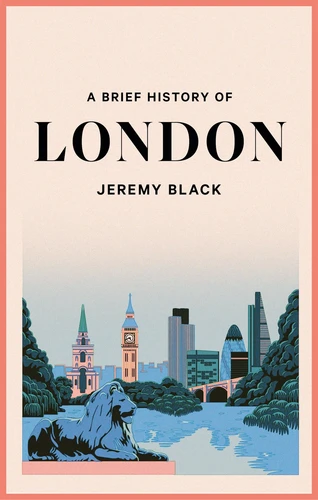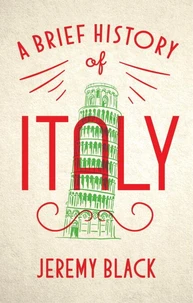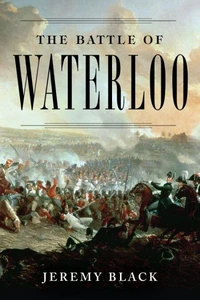A Brief History of London. The International City
Par :Formats :
Disponible dans votre compte client Decitre ou Furet du Nord dès validation de votre commande. Le format ePub protégé est :
- Compatible avec une lecture sur My Vivlio (smartphone, tablette, ordinateur)
- Compatible avec une lecture sur liseuses Vivlio
- Pour les liseuses autres que Vivlio, vous devez utiliser le logiciel Adobe Digital Edition. Non compatible avec la lecture sur les liseuses Kindle, Remarkable et Sony
- Non compatible avec un achat hors France métropolitaine
 , qui est-ce ?
, qui est-ce ?Notre partenaire de plateforme de lecture numérique où vous retrouverez l'ensemble de vos ebooks gratuitement
Pour en savoir plus sur nos ebooks, consultez notre aide en ligne ici
- Nombre de pages272
- FormatePub
- ISBN978-1-4721-4672-4
- EAN9781472146724
- Date de parution06/07/2022
- Protection num.Adobe DRM
- Infos supplémentairesepub
- ÉditeurRobinson
Résumé
As the United Kingdom left the European Union, during a period of international and domestic turmoil, London found itself at a turning point. This critical moment presents an opportunity to look back, with a distinctive perspective, a focus on London in its national and, perhaps even more importantly, its international contexts, rather than on the city itself in isolation. It is the interactions of London that Black considers, and he does so in order to address the question as to why London became the foremost international city, how it sustained that position, and what its future holds.
The book is as much about economics and culture as it is about politics and society. It deals with migration, communications, empire and cultural energy, rather than the mechanisms of parish vestries. London's earlier period is covered, but the principal focus is on the last half millennium, the period during which London became a major trader with the trans-oceanic world, and the ruler of trans-oceanic colonies, while the English language became an increasingly important cultural medium, one centred on London.
The book includes plentiful literary references, quotations from visitors, and boxes covering discrete topics, such as Jack the Ripper.
The book is as much about economics and culture as it is about politics and society. It deals with migration, communications, empire and cultural energy, rather than the mechanisms of parish vestries. London's earlier period is covered, but the principal focus is on the last half millennium, the period during which London became a major trader with the trans-oceanic world, and the ruler of trans-oceanic colonies, while the English language became an increasingly important cultural medium, one centred on London.
The book includes plentiful literary references, quotations from visitors, and boxes covering discrete topics, such as Jack the Ripper.
As the United Kingdom left the European Union, during a period of international and domestic turmoil, London found itself at a turning point. This critical moment presents an opportunity to look back, with a distinctive perspective, a focus on London in its national and, perhaps even more importantly, its international contexts, rather than on the city itself in isolation. It is the interactions of London that Black considers, and he does so in order to address the question as to why London became the foremost international city, how it sustained that position, and what its future holds.
The book is as much about economics and culture as it is about politics and society. It deals with migration, communications, empire and cultural energy, rather than the mechanisms of parish vestries. London's earlier period is covered, but the principal focus is on the last half millennium, the period during which London became a major trader with the trans-oceanic world, and the ruler of trans-oceanic colonies, while the English language became an increasingly important cultural medium, one centred on London.
The book includes plentiful literary references, quotations from visitors, and boxes covering discrete topics, such as Jack the Ripper.
The book is as much about economics and culture as it is about politics and society. It deals with migration, communications, empire and cultural energy, rather than the mechanisms of parish vestries. London's earlier period is covered, but the principal focus is on the last half millennium, the period during which London became a major trader with the trans-oceanic world, and the ruler of trans-oceanic colonies, while the English language became an increasingly important cultural medium, one centred on London.
The book includes plentiful literary references, quotations from visitors, and boxes covering discrete topics, such as Jack the Ripper.






















